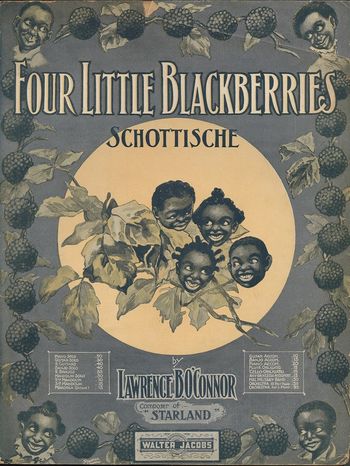Annotation:Pointe-au-Pic: Difference between revisions
No edit summary |
No edit summary |
||
| Line 2: | Line 2: | ||
---- | ---- | ||
<p><font face="garamond, serif" size="4"> | <p><font face="garamond, serif" size="4"> | ||
'''POINTE-AU-PIC.''' AKA - "Reel de Pointe-au-Pic." French-Canadian, Reel. A Minor ('A' part) & C Major ('B' part). Standard tuning (fiddle). AB (Phillips): AA'BB' (Carlin). The tune was popularized by a 1938 recording by Quebec fiddler Joseph Bouchard (1905-1979), and it is sometimes credited to him, although it was also recorded on 78 RPM by Isidore Soucy. However, "Pointe-au-Pic" is derived from | '''POINTE-AU-PIC.''' AKA - "Reel de Pointe-au-Pic." French-Canadian, Reel. A Minor ('A' part) & C Major ('B' part). Standard tuning (fiddle). AB (Phillips): AA'BB' (Carlin). The tune was popularized by a 1938 recording by Quebec fiddler Joseph Bouchard (1905-1979), and it is sometimes credited to him, although it was also recorded on 78 RPM by Isidore Soucy. However, "Pointe-au-Pic" is derived from a scottische by Lawrence B. O'Connor entitled "[[Four Little Blackberries]]." O'Connor, an American, published his tune in Boston in 1907. It was popular for it's time and was recorded a few times in the early 20th century, notably by by xylophone player Thomas Mills (1907), banjo virtuoso Vess Ossman (1910) and Scottish accordion player Dick Pamby's (1916).[[File:blackberries.jpg|350px|thumb|right|]] | ||
<br> | <br> | ||
<br> | <br> | ||
Revision as of 20:46, 1 May 2016
Back to Pointe-au-Pic
POINTE-AU-PIC. AKA - "Reel de Pointe-au-Pic." French-Canadian, Reel. A Minor ('A' part) & C Major ('B' part). Standard tuning (fiddle). AB (Phillips): AA'BB' (Carlin). The tune was popularized by a 1938 recording by Quebec fiddler Joseph Bouchard (1905-1979), and it is sometimes credited to him, although it was also recorded on 78 RPM by Isidore Soucy. However, "Pointe-au-Pic" is derived from a scottische by Lawrence B. O'Connor entitled "Four Little Blackberries." O'Connor, an American, published his tune in Boston in 1907. It was popular for it's time and was recorded a few times in the early 20th century, notably by by xylophone player Thomas Mills (1907), banjo virtuoso Vess Ossman (1910) and Scottish accordion player Dick Pamby's (1916).

Pointe-au-Pic is a small town on the St. Lawrence River near Charlevoix, northeast of Quebec City. The tune is sometimes played in the key of G Major. Phillips' parts are reversed from Carlin's.
Source for notated version: Ruthie Dornfeld (Seattle) [Phillips]; Kathleen Towers [Songer & Curley].
Printed sources: Carlin (Master Collection), 1984; No. 63, p. 45. Guest (A Hundred Favorite Fiddle Tunes), 1980; p. 17. Hart & Sandell (Dance ce Soir), 2001; No. 30, p. 60. Phillips (Traditional American Fiddle Tunes, vol. 2), 1995; p. 103. Songer (Portland Collection vol. 2), 2005; p. 160.
Recorded sources: Graham Townsend – “Classics of Irish, Scottish and French-Canadian Fiddling.” La Bottine Souriante – “Jusqu’aux p’tites heures.” Joseph Bouchard – “Jos Bouchard, violoneux: Musique et danse traditionnelle de Charlevoix.” Flying Fish FF70572, Frank Ferrel – “Yankee Dreams: Wicked Good Fiddling from New England” (1991). Varrick VR-038, Yankee Ingenuity - "Heatin' up the Hall" (1989).
See also listing at:
Jane Keefer's Folk Music Index: An Index to Recorded Sources [1]
Alan Snyder's Cape Breton Fiddle Recordings Index [2]
Eric Lortie's Identitairs Quebecois [3]
Hear a Columbia Record (GP) 3709 (78 RPM) recording of "Four Little Blackberries" on youtube.com [4] and at the Library of Congress [5] (Victor 16488, Vess Ossman, banjo, 1910).
